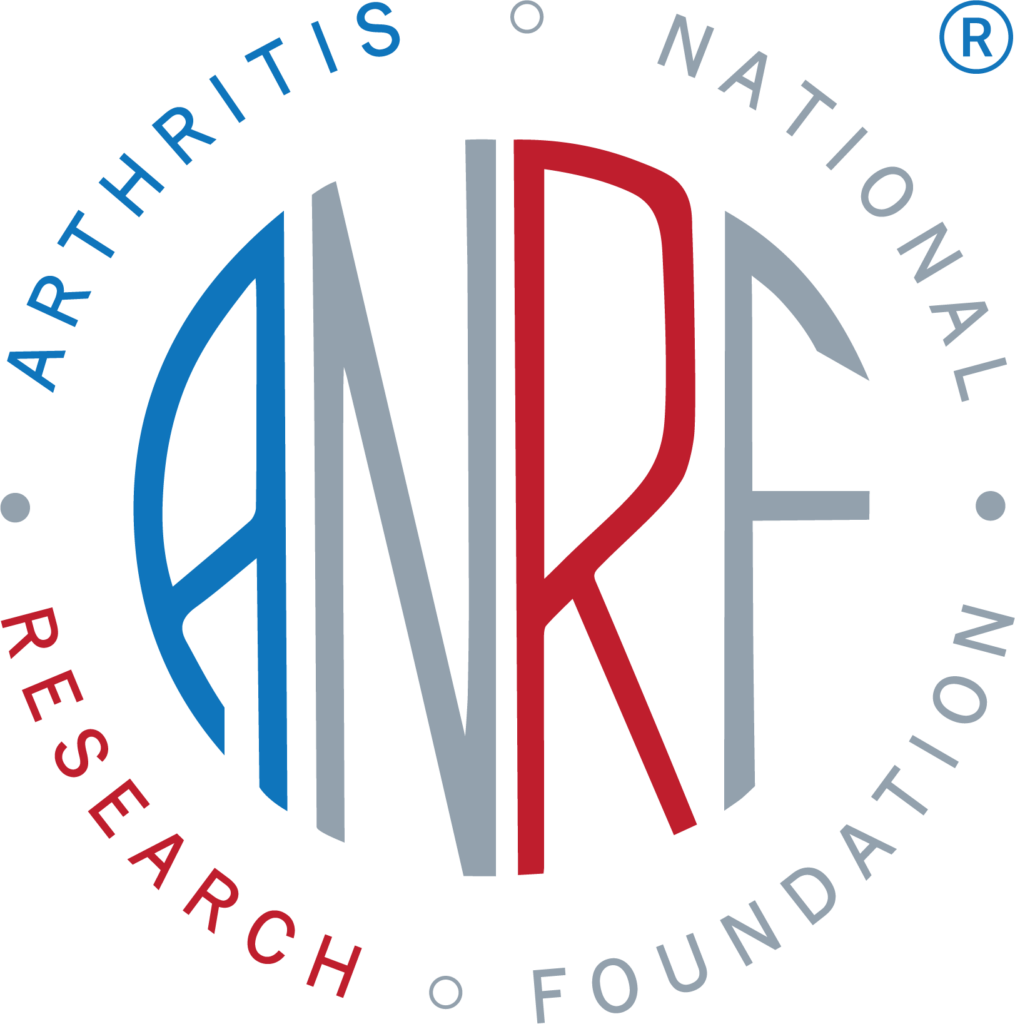A New Model for Treating Scleroderma

Scleroderma is a devastating rheumatic disease affecting many different organs in the body. Unfortunately, there is no effective treatment known at this time. One of the most significant manifestations of scleroderma is thickening of the skin, or dermal fibrosis. This widespread, uncontrolled production of scar tissue not only results in cosmetic disfigurement, but may severely limit daily activity.
Dr. Chan has identified a molecule, adenosine, which plays an important role in dermal fibrosis. Adenosine binds to a specific receptor on the surface of the cell to produce the scarring effect. By blocking these cell surface receptors, Dr. Chan has substantially reduced fibrosis in animal models, providing a new model for treatment. His ANRF-funded study will explore the way adenosine alters fibrosis in the skin. He hopes that the results from this work will lead to novel therapeutic options to treat and prevent scleroderma.





